Endometriosis Symptoms and Signs
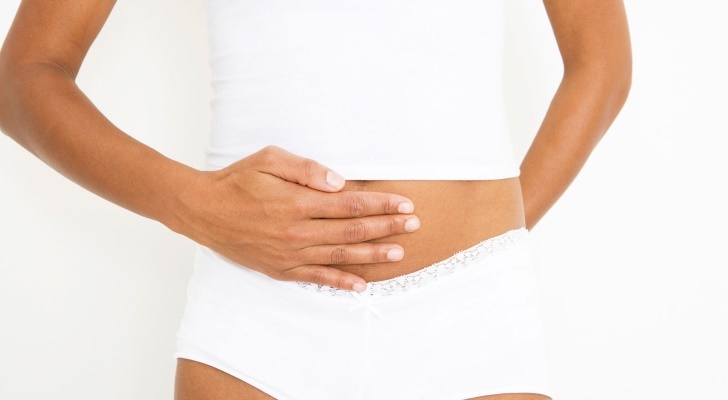
If you’ve been diagnosed sterility, it’s the first sign you might have endometriosis. The inability to have a baby is, perhaps, the most severe consequence of this disorder. Of course, it is hard to detect this symptom. It is still possible to give birth, but it would be rather hard for women who experienced such problem. Remember: there is always a chance, but it is minimized. Don’t let endometrial tissue grow too far.
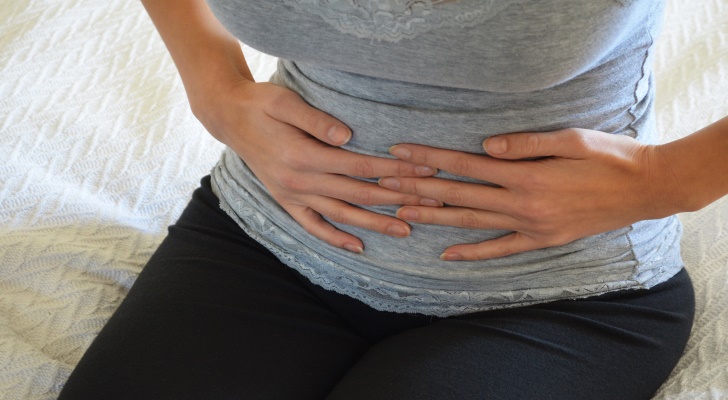
Women with endometriosis experience harsh problems with premenstrual syndrome (PMS). The majority of female population complains of the discomfort feeling in the stomach and abnormal during “these days.” However, when the pain becomes almost irresistible, it’s an alarming sign that something is wrong with the woman’s organism. General tolerance to the pain won’t help if it’s really endometriosis. If the suffering starts in a week before the period during ovulation with a hint to grow, this is an alarming symptom.
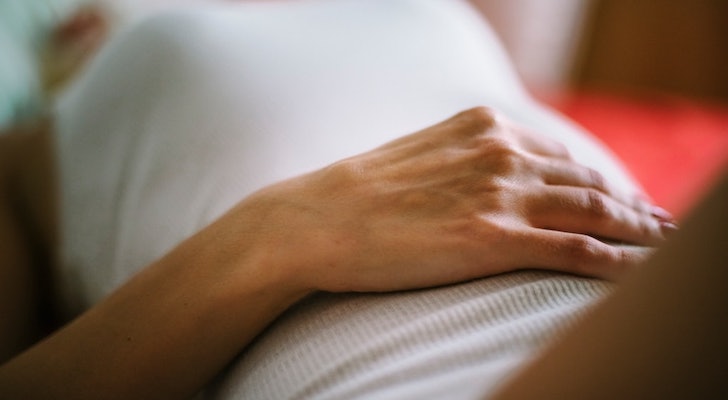
The distending sensation is another common symptom of endometriosis. Female population faces this discomfort more often than males, so it is sometimes hard to detect the true reason. Bloating sensation shows up outside of the woman’s period. Inflammation around the regions that are injured by the increasing endometrial cells creates this feeling.

The manner of sexual relations may be the symptom of endometriosis. When having intercourse with the partner, the woman may start feeling unusual pain. Earlier, she used to get a certain amount of satisfaction, but now she can only report painful feelings. Except for the serious problems with health, it might mean problems in the relationships with a partner.
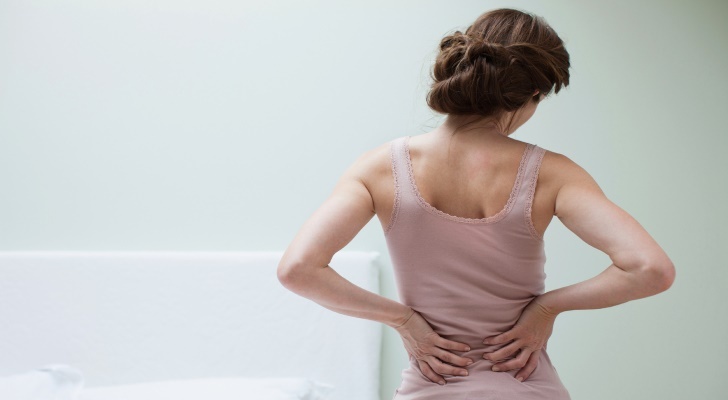
Women with endometriosis tend to experience harsh pain in the lower back. The initial warning symptom of this disease involves back suffering. The pain can move to the middle part and chest, causing even more discomfort. In some cases, it’s just the sign of PMS. If the pain appears due to the scar tissue, this is the sign you most probably have endometriosis.
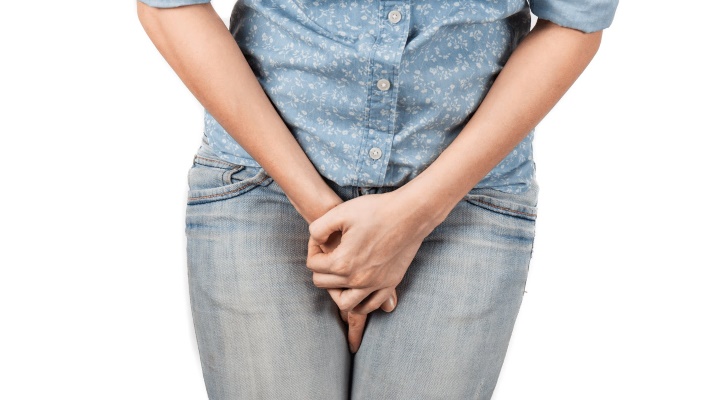
Women with endometriosis notice unpleasant bowel movements in their bodies. Most often, these painful fluctuations take place during the menstrual cycle. Some healthy women may also experience issues with stool and pee, but this is something different. People who suffer from endometriosis have severe diarrhea or constipation, varying in its order and intensity.

If the woman feels that too much blood is running out during the menstruation, it may be the symptom of endometriosis. It’s not okay to have excessive bleedings even during the early stage. The symptom is supported with the harmful sensation. The bleeding may continue even a few days after the cycle itself. Birth control medication may help, but it’s better to consult a doctor first.

The patients complain of regular visits to WC. Just as problems with stool, there are certain issues with urination that force woman to attend bathroom more regularly. They find it difficult to pee in contrast to how they did it before. It happens because the urinary tract is infected. The infections cover such organs as urethra, bladder, and kidneys. As the tissue increases, the feeling of inflammation and severe pain appears.
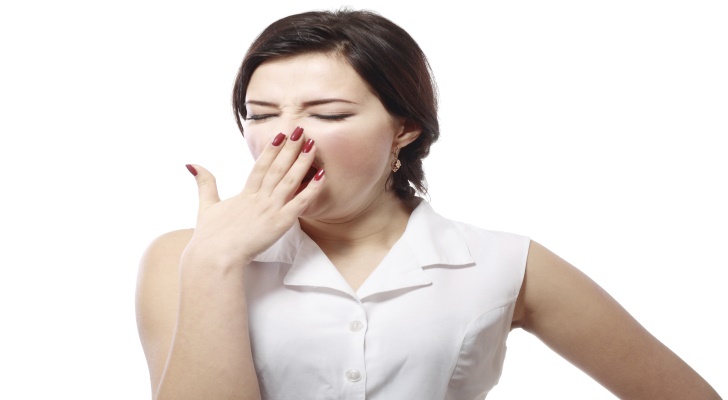
If the woman starts yawning too often being tired even of the simplest daily activities such as washing or walking, it may be a symptom of endometriosis. Fatigue usually appears as the patient’s body throws all energy on fighting the infection. Also, the patients get tired of the regular pain and lack of healthy sleep. Health care professionals recommend drinking more water, switching to another diet, and doing physical exercises at least a bit.

It is logical that woman infected by endometriosis will have regular vomiting feeling and lack of appetite. Nausea always tells the organism is not properly treated. The patient is then feeling weak and icky. Be ready to resist this vomiting feeling to cope with the disease. The worst thing is that the symptoms may intensify when the period rolls around.
